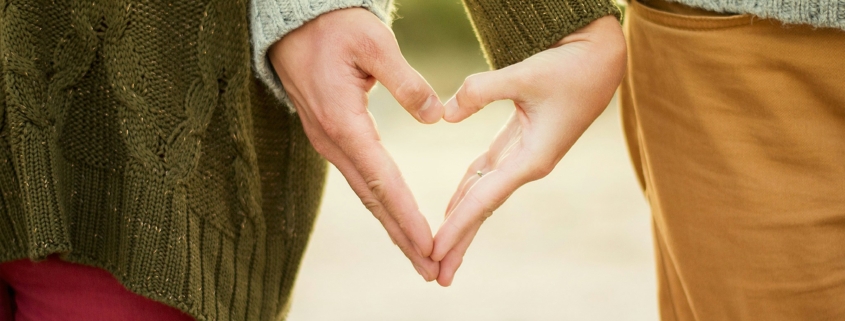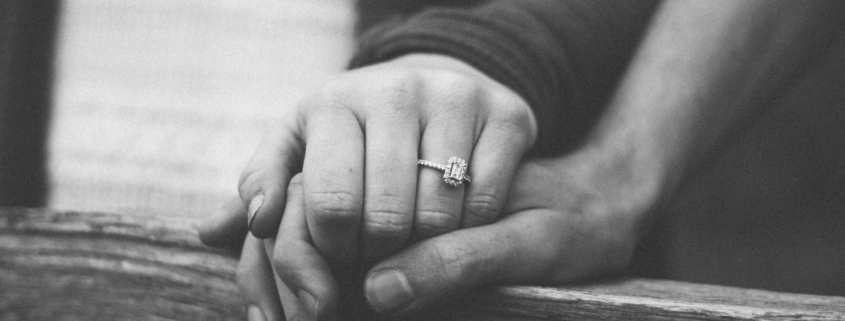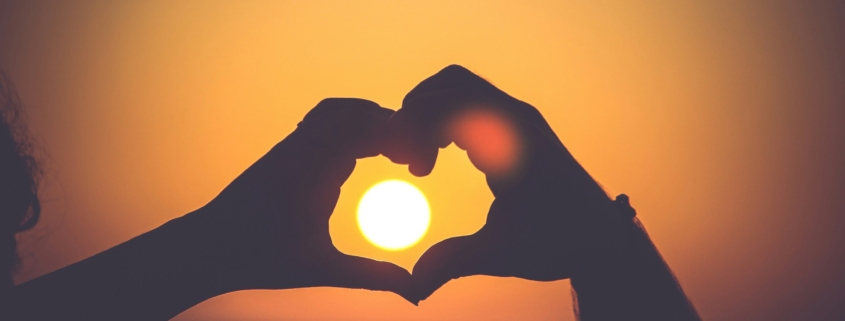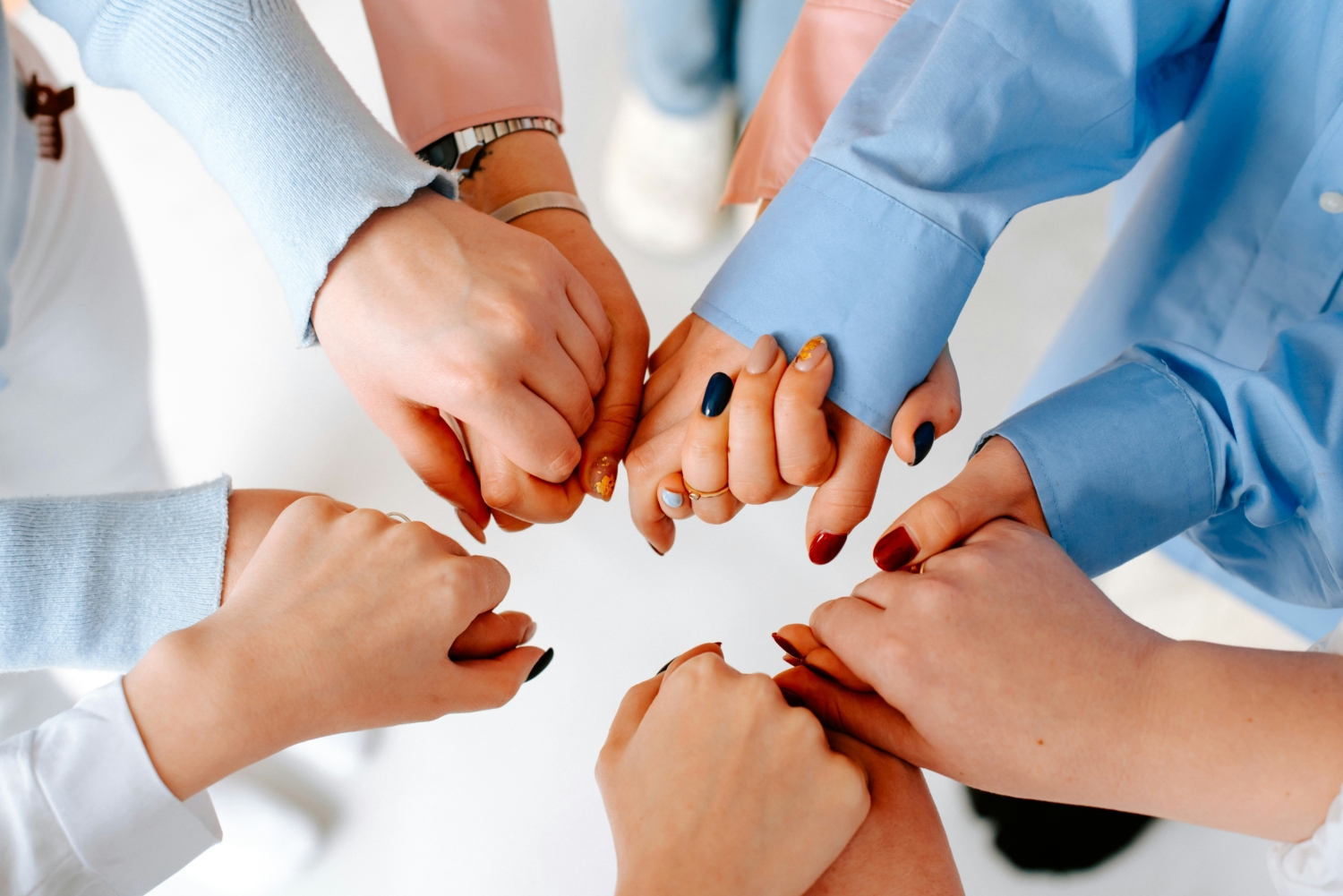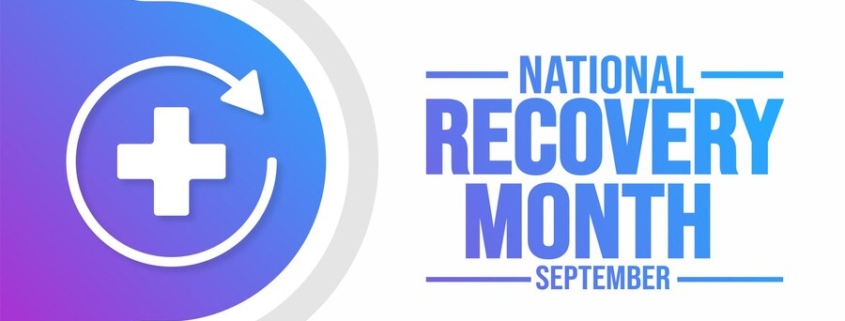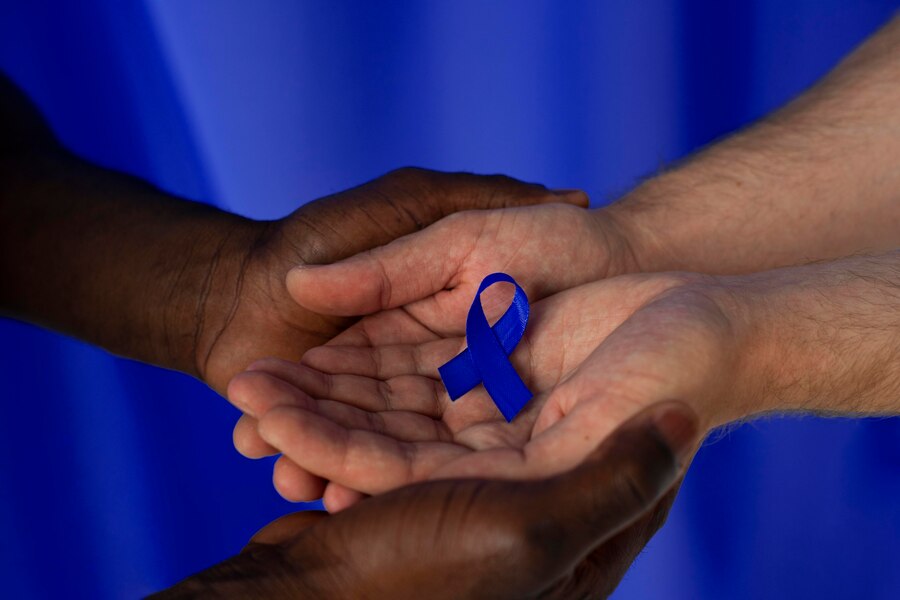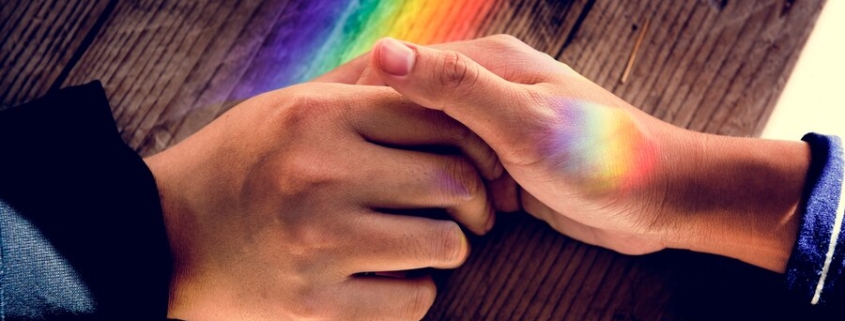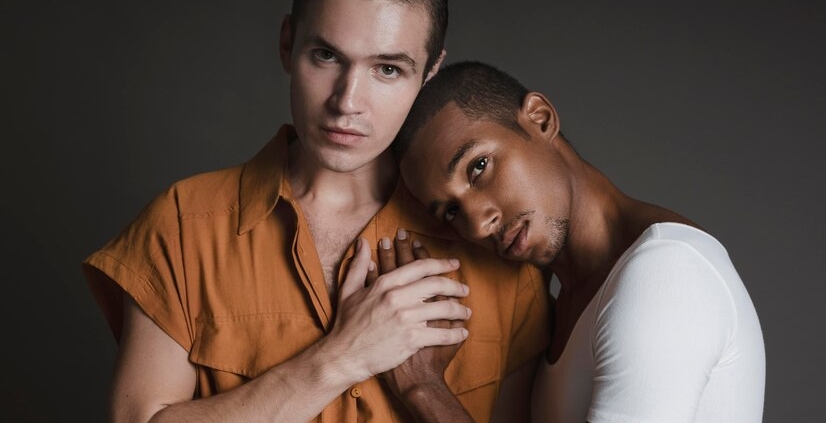Dual diagnosis refers to the co-occurrence of substance use disorder and mental health issues, and it poses unique challenges for individuals seeking treatment. When it comes to couples struggling with dual diagnosis, addressing both substance abuse and mental health issues simultaneously is essential for long-term recovery. In this comprehensive guide, we’ll explore the benefits of dual diagnosis treatment for couples and how Couples Rehab provides specialized care to address these complex needs.
Understanding Dual Diagnosis
Dual diagnosis occurs when individuals experience both substance use disorder and one or more mental health disorders, such as depression, anxiety, or PTSD. These conditions often interact and exacerbate each other, leading to a cycle of substance abuse and mental health symptoms. Without proper treatment, individuals may struggle to maintain sobriety and experience relapse.
Understanding dual diagnosis is essential for individuals facing the complex intersection of substance use disorder and mental health issues. Dual diagnosis, also known as co-occurring disorders, occurs when someone experiences both conditions simultaneously. This can complicate treatment as each condition can exacerbate the other, leading to a cycle of substance abuse and mental health symptoms. Effective treatment for dual diagnosis involves addressing both substance abuse and mental health issues concurrently, often through integrated therapy approaches. By comprehensively assessing and treating both conditions, individuals can achieve holistic healing and long-term recovery.
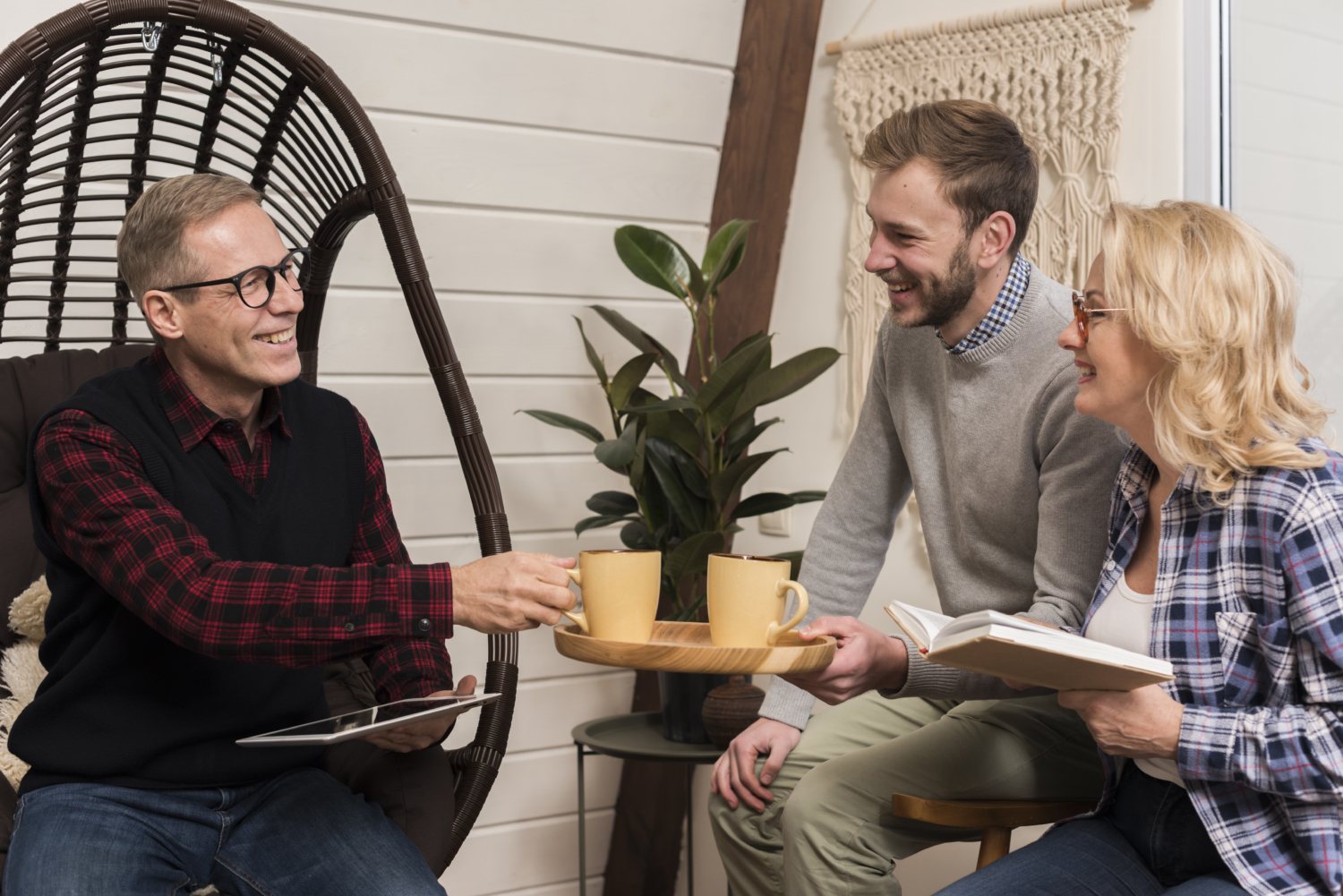
The Benefits of Dual Diagnosis Treatment for Couples
- Comprehensive Assessment: Dual diagnosis treatment begins with a thorough assessment to identify and address both substance abuse and mental health issues. Couples Rehab offers personalized assessments for couples, taking into account their unique backgrounds, experiences, and treatment goals.
- Integrated Treatment Approach: Dual diagnosis treatment integrates substance abuse treatment and mental health therapy into a cohesive treatment plan. Couples Rehab provides evidence-based therapies, such as cognitive-behavioral therapy (CBT) and dialectical behavior therapy (DBT), tailored to address both conditions simultaneously.
- Holistic Care: Couples Rehab takes a holistic approach to dual diagnosis treatment, addressing the physical, emotional, and relational aspects of recovery. Through a combination of therapy, medication management, and holistic interventions, couples can achieve holistic healing and improved overall well-being.
- Mutual Support: Dual diagnosis treatment for couples allows partners to support each other throughout the recovery process. Couples Rehab offers group therapy sessions and couples counseling, providing a supportive environment for couples to share their experiences, learn from each other, and strengthen their relationship.
- Relapse Prevention Strategies: Couples Rehab equips couples with relapse prevention strategies to maintain sobriety and manage mental health symptoms long-term. By developing coping skills, communication techniques, and healthy lifestyle habits, couples can overcome triggers and challenges together.
- Family Involvement: Dual diagnosis treatment at Couples Rehab involves family members in the recovery process, promoting open communication, understanding, and support. Family therapy sessions and educational workshops help couples and their loved ones heal and rebuild trust in their relationships.
- Ongoing Support: Recovery from dual diagnosis is an ongoing journey, and Couples Rehab provides continued support and resources to couples after completing treatment. From alumni programs to community-based support groups, couples can access ongoing support and encouragement as they navigate life in recovery.
Take the First Step
Dual diagnosis treatment offers couples struggling with substance abuse and mental health issues a comprehensive and effective approach to recovery. By addressing both conditions simultaneously, couples can achieve lasting sobriety, improved mental health, and strengthened relationships. Couples Rehab is committed to providing compassionate and specialized care to couples seeking dual diagnosis treatment, helping them overcome challenges and build a brighter future together.
Ready to take the first step toward healing and recovery as a couple? Contact Couples Rehab today to learn more about our dual diagnosis treatment programs and how we can support you on your journey to wellness. Our experienced team is here to answer your questions, address your concerns, and provide personalized guidance every step of the way.
FAQ’s
Q1: What is dual diagnosis treatment?
Dual diagnosis treatment is a comprehensive approach that addresses both substance abuse issues and co-occurring mental health disorders simultaneously. It recognizes the complex relationship between addiction and mental health conditions, offering integrated therapies to promote recovery from both disorders.
Q2: How common is dual diagnosis among individuals struggling with addiction?
Dual diagnosis is prevalent among individuals battling addiction, with studies showing that a significant portion of those seeking substance abuse treatment also have co-occurring mental health disorders. Effective treatment requires addressing both aspects to achieve lasting recovery.
Q3: What types of mental health disorders are commonly associated with dual diagnosis?
Common mental health disorders associated with dual diagnosis include depression, anxiety disorders, bipolar disorder, post-traumatic stress disorder (PTSD), and borderline personality disorder (BPD). These conditions often contribute to substance abuse and complicate treatment efforts.
Q4: What are the benefits of dual diagnosis treatment?
Dual diagnosis treatment offers several benefits, including comprehensive care that addresses all aspects of a person’s health, increased chances of successful recovery, improved symptom management, and reduced risk of relapse by treating underlying mental health issues.
Q5: How does Couples Rehab integrate dual diagnosis treatment into its programs?
At Couples Rehab, dual diagnosis treatment is a core component of our programs. We offer personalized care plans tailored to address both substance abuse and underlying mental health disorders, providing couples with the support and resources needed to achieve lasting sobriety and mental wellness.




